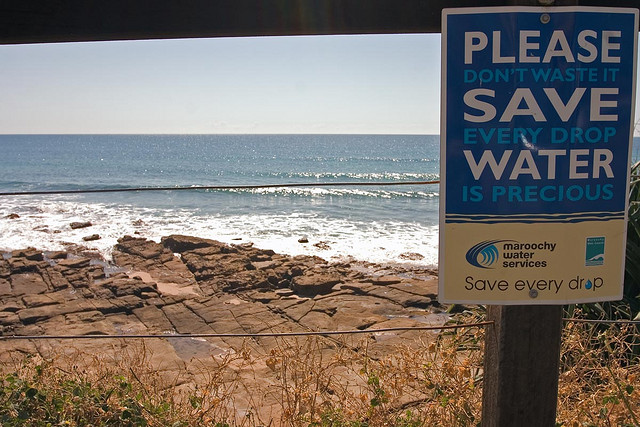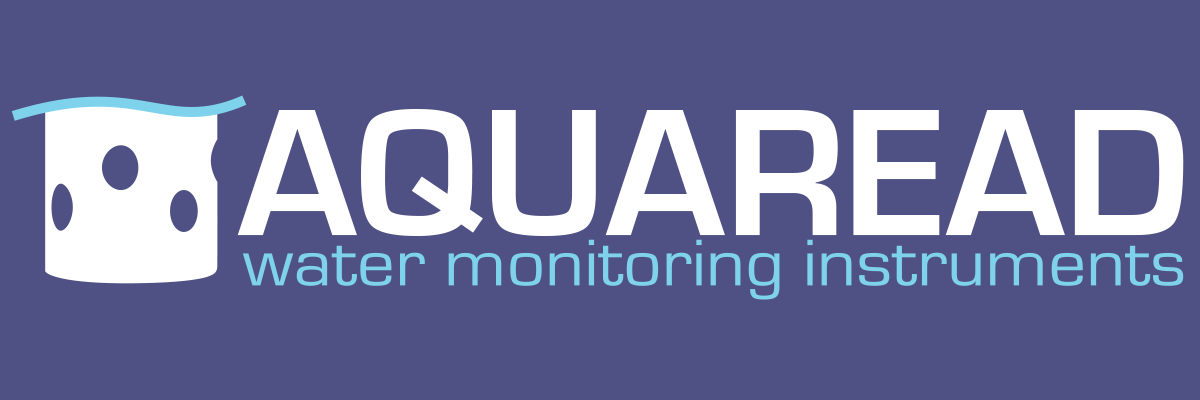Is our world facing a larger environmental problem than climate change? Well, Nestle’s chairman, Peter Brabeck thinks so. According to Brabeck, water stress should be the world’s “first priority”, and according to the United Nations; one in three of the world’s population live in water stressed areas, and this is set to increase to one in two by 2030.

Regardless of which is the larger problem, both clearly need to be taken seriously, and we need to take action. That’s why Nestle’s USA pizza division factory in Little Chute has teamed up with GE Water, to reduce water usage in its cooling towers.
“I am not saying climate change isn’t important,” Peter Brabeck explained to the Financial Times in July, “what I am saying is even without climate change we are running out of water”.
Water is an essential input for any business, just like energy, meaning water stress could lead to various problems throughout the world, including a potential impact on business and the global economy. Paul O’Callaghan, chief executive of Bluetech Research believes it “could shut down production” and “impact a firm’s share price”.
Water stress could also lead to many more devastating consequences, such as food shortages, disease and even war. According to the United Nations, water use has grown at over twice the rate of the population increase in the past ten years. That’s why many firms, including Nestle, are doing everything they can to avoid water use altogether, or at least water waste.
Nestle’s factory in Little Chute have applied GE’s advanced water treatment chemical technology to their plant’s cooling towers. During this process, they might use water quality monitoring equipment to ensure that the water falls within set limits. Thanks to this technology, Nestle has managed to successfully reuse its water to a much greater degree, saving 7.4 million gallons of water. This reduces sewer discharges by the same amount.
Are you doing what you can to prevent water waste? Do you have procedures in the workplace to save water? We’d love to hear your methods, and what your plans are for the future to reduce wastewater.
